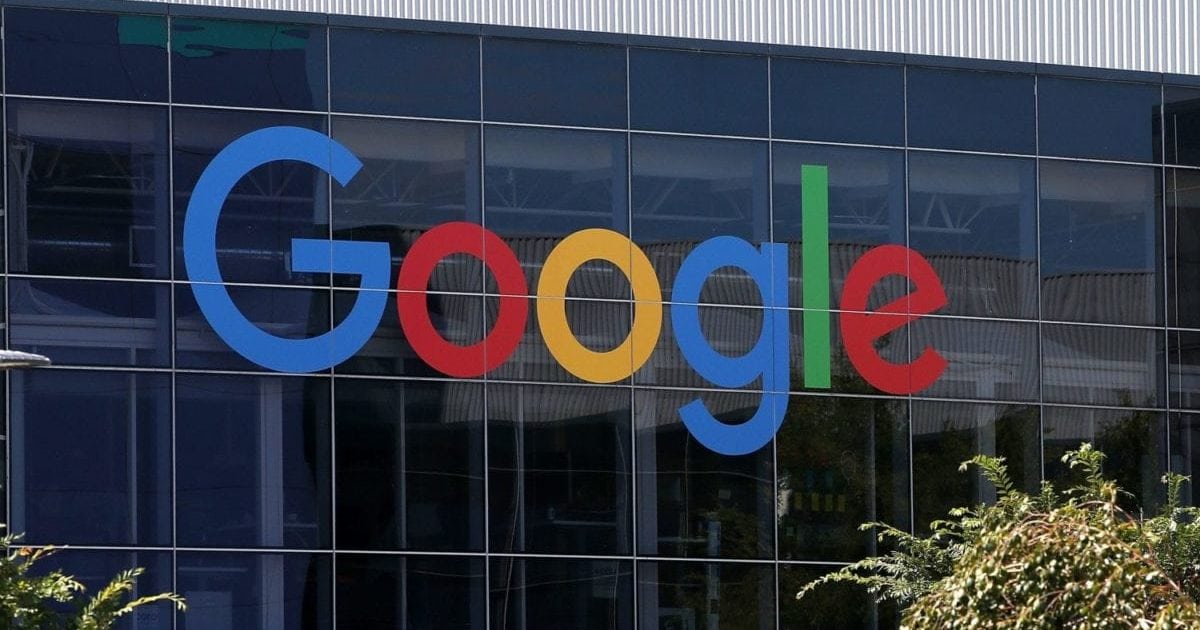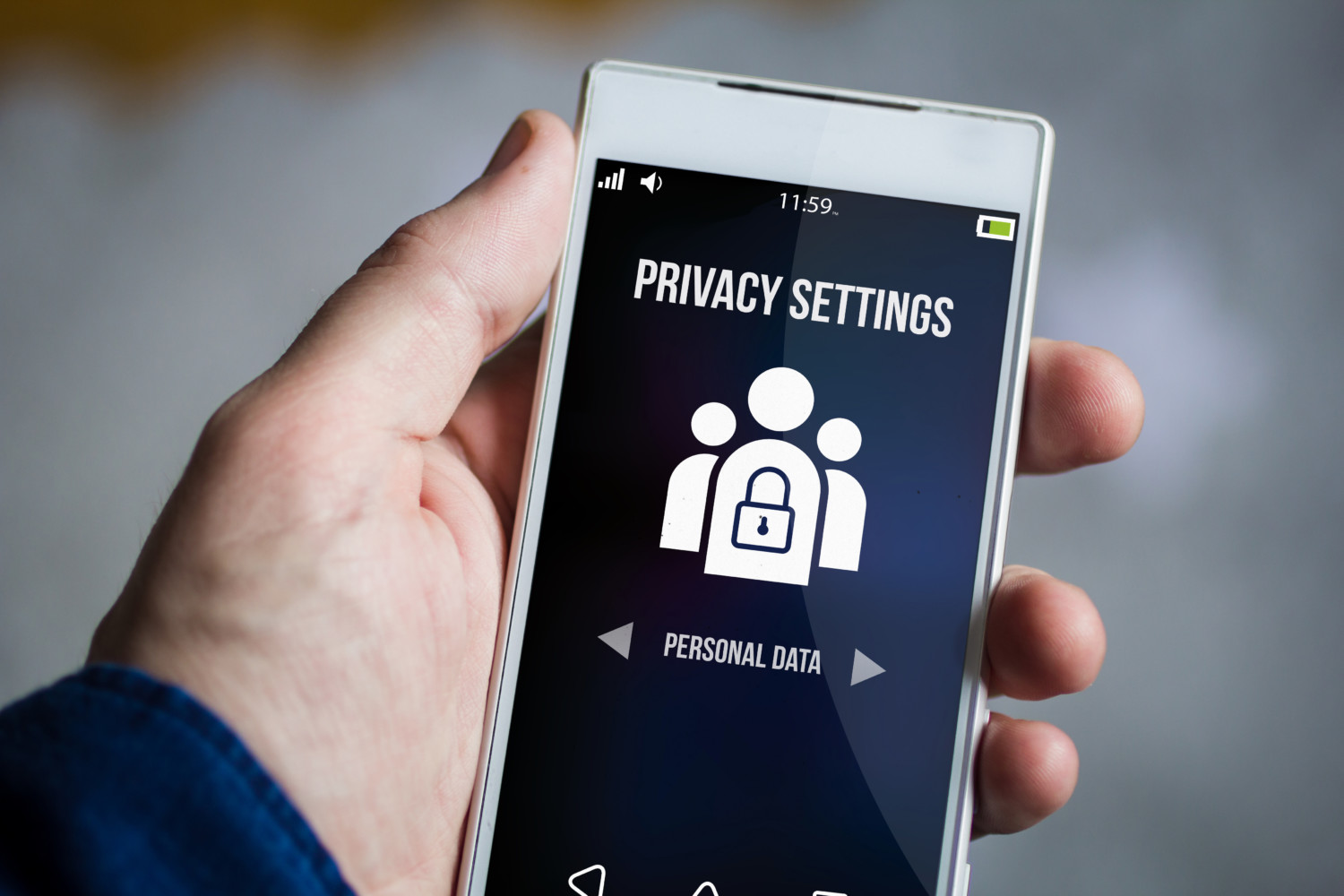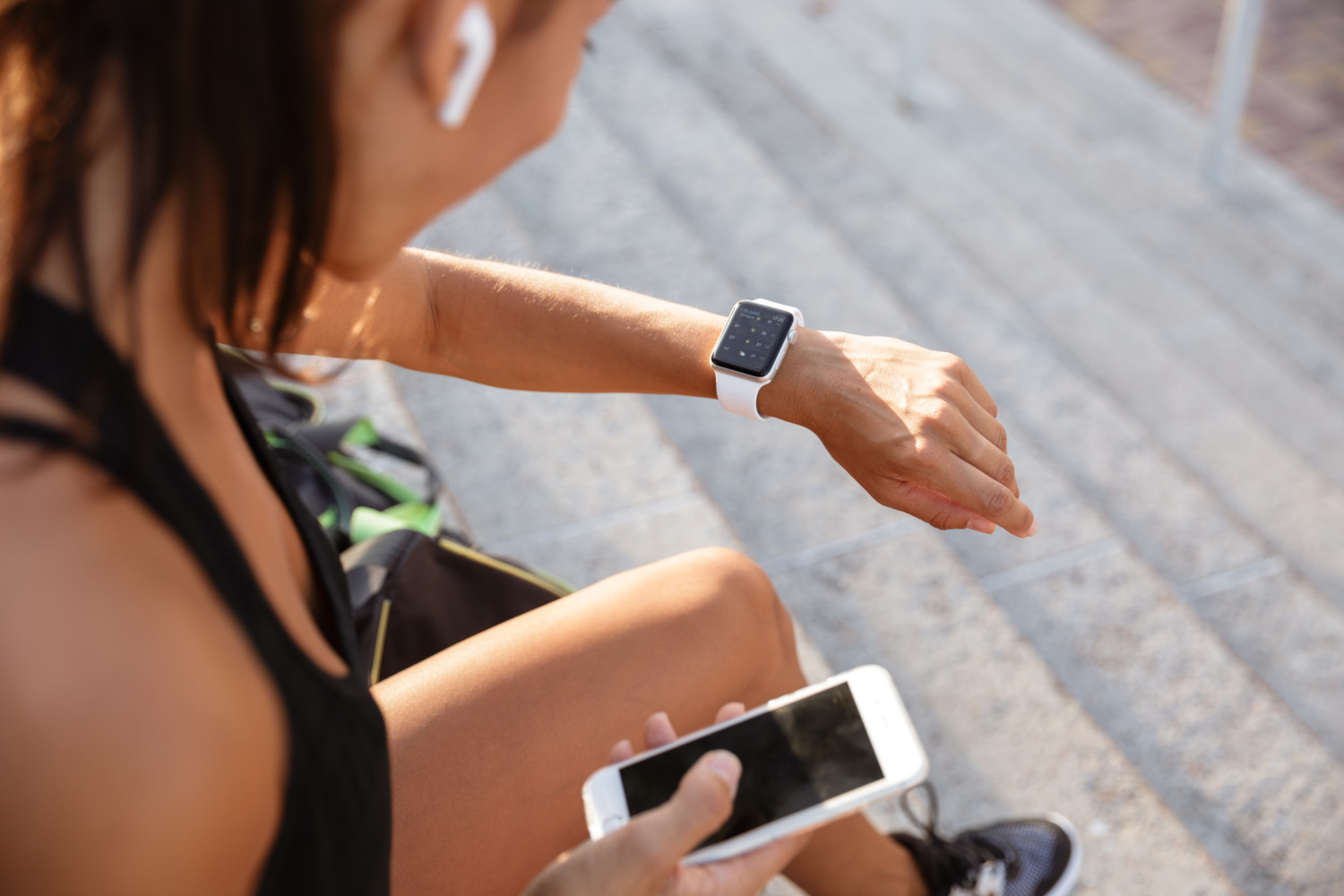You have come to expect privacy issues with social media platforms such as Facebook. Data breaches have become commonplace. But how much should you worry about the apps you use to track highly personal information?
According to a 2019 Gallup poll, one in five adults in the United States uses health apps. These include an array of trackers, from fitness activity tracking and stress reduction to menstrual period or pregnancy tracking and more.
Sharing personal details, many that you might consider significantly private goes along with using these apps. But are you confident that your information stays within the confines of the application?
Health Apps Routinely Share Data
You might accept that your favorite health tracking app is a free service you receive in exchange for providing your personal data. However, the apps are not always transparent about how much and what kind of data they collect or with whom they are sharing the information they glean about you.
Consumer Reports’ Digital Lab studied five popular period tracking apps and found that they may even share information from anonymous users with third parties for marketing and other purposes.
The British Medical Journal (BMJ) reports that researchers from the University of Sydney, the University of Toronto, and the University of California, Santa Barbara investigated popular health-related apps to pinpoint privacy risks for app users. They found that 79% of the sampled apps shared user data outside of the app.
Of the third parties receiving data, 67% were related to the collection and analysis of user data, including analytics or advertising. Amazon, Alphabet (the parent company of Google) and Microsoft received the highest volume of user data. This finding, the study says, suggests that health app users experience heightened privacy risks.

“Privacy regulators should consider that loss of privacy is not a fair cost for the use of digital health services.” Quinn Grundy, the lead author and assistant professor at the University of Toronto and the University of Sydney, told Science Daily. “Most health apps fail to provide privacy assurances or transparency around data sharing practices. User data collected from apps providing medicines information or support may also be particularly attractive to cybercriminals or commercial data brokers.”
Health Apps Are Not Well Protected
In addition to worrying about info your health app is voluntarily sharing, you may also have to worry about security issues. Studies have shown that a number of health apps do not have sufficient privacy policies and often fail to guard personal information that may be sensitive.
One 2018 study out of researchers from the University of Piraeus in Greece and Rovira i Virgili University in Spain found that many of the 20 health apps it studied did not follow sufficient safety protocols when transmitting information.
“A large portion of the assessed apps has been found to jeopardize user’s privacy and security by violating sensitive data protection regulations set to prevent the inappropriate and uncontrollable usage, processing and disclosure of health data to third parties,” the authors wrote in the study’s conclusion. “According to our analysis, a relevant number of popular m-health apps could violate users’ privacy by revealing sensitive information such as health conditions, medical symptoms, photos, location, e-mails and passwords.”

How To Protect Your Privacy
Consumer Reports states that if an app you use shares personal health data, you could be negatively affected. For instance, it could increase rates on insurance or prevent you from receiving coverage without you even realizing it.
And having lax security creates vulnerabilities that can be exploited; your location data on MyFitnessPal, for example, can be used to find patterns in your daily routine while medical info can be sold to benefit black-market profiteers and others.
So what can you do to protect your personal health information?
- Check the privacy or permissions settings for any health-related app you use and revoke any permissions with which you are not comfortable. For instance, does a weight tracking app really need access to your contact list or location?
- Avoid offering optional information, including your full name, age, interests, mailing address, phone number or email address.
- If an email is required to set up an app, consider creating an alternate email address that is not connected to your primary contact information.
- Be picky about what you download. Free, ad-supported apps are likely going to collect data resulting in targeted advertising.
- If you believe an app is collecting personal data or compromising your privacy without your permission, you can file a complaint with the Federal Trade Commission. The FTC Act prohibits deceptive or unfair acts or practices relating to privacy and data security, including false or misleading claims about an app’s safety or performance.
You should also keep your apps updated, so that any bugs within the apps are fixed.

Do you use a health app? If so, protect yourself as you work to improve yourself!
This story originally appeared on Simplemost. Checkout Simplemost for additional stories.


